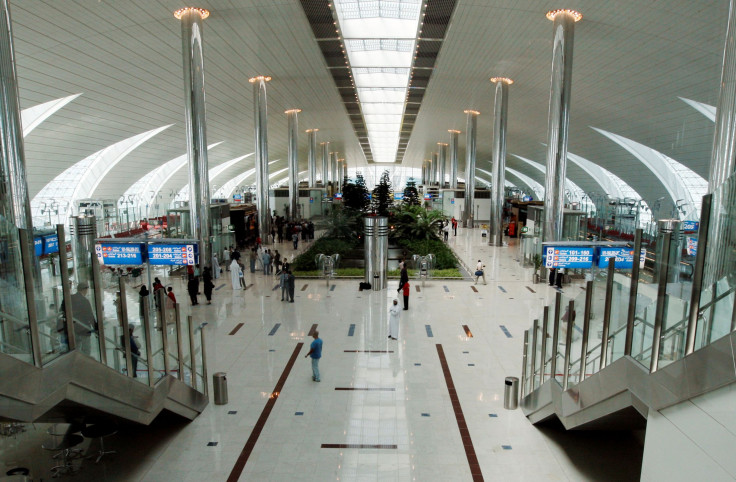Laptop Ban Could Cost Middle East Airlines, International Travelers, To The Benefit Of European Carriers

Following a Monday ban by security agencies in the U.S. and U.K. on large electronics in cabins on flights from several countries in the Middle East, analysts predicted carriers whose hubs were subject to the ban, such as Qatar Airways and Emirates, might find themselves with empty business class seats, while European airlines such as British Airways and Lufthansa, could capitalize on their losses.
“Hubs that don’t impede the productivity of long-haul business travelers,” like Charles de Gaulle Airport in Paris and London’s Heathrow Airport, by allowing them to work on their laptops during flights would likely charge higher prices “at the expense of the Middle East,” J. P. Morgan airline expert Jamie Baker told CNN, which compiled a list of the airlines that would fare the worst.
Read: Is Flying Safe? Credible Terror Threats Cited In Airplane Electronics Ban
Under the U.S. ban—which involved 10 international airports in or near Kuwait City, Amman, Cairo, Istanbul, Casablanca, Doha, Dubai, Abu Dhabi and the Saudi Arabian cities of Jeddah and Riyadh—the airlines Egyptair, Royal Jordanian, Saudia and Turkish Airlines would be hit hardest, according to the broadcaster.
The “tech-heavy corridor between the U.S. and India,” which often involves layovers or transfers in the Middle East, would be a major area of lost business for the airlines in the region covered by the new security measures, Baker added.
The International Air Transport Association predicted that India will host the fastest-growing air national travel market over the next couple of decades, according to a 2015 report. And while the organization expected the Asia-Pacific region to dominate the projected “eastward shift,” the Middle East would likely come in second in terms of market growth. Some travelers to the U.S., however, may weaken that trend out of fear that their electronics could be damaged or stolen if packed in checked baggage.
Half my travel is on Etihad & Qatar. If I can't work in-flight (& need to risk my laptop being stolen), I can't fly. https://t.co/XCfMPRxS70
— 𝕁𝕠𝕤𝕙 𝕊𝕫𝕖𝕡𝕤 (@joshzepps) March 21, 2017
“I may decide to fly through a city in Europe to travel to the U.S. in the future to take advantage of 16 hours during which I could be working,” Saudi software engineer Bassam Islam told the Wall Street Journal this week ahead of his 16-hour Emirates flight from Dubai to Los Angeles. “I have had things stolen from my luggage before during transit. I’ve had a digital camera disappear. My laptop is very important to me—and I don’t like the risk of putting it in my checked-in luggage. I will avoid it if I can.”
Read: Electronics Travel Ban: Full List Of Airports Where Devices Not Allowed On Flights
The Middle East has already dominated the rest of the world in terms of growth in air travel in recent years, with an 11.2 percent rise in 2016, above the global average of 6.3 percent, and a 12.1 percent increase in 2015, ahead of 6.7 percent worldwide, according to the International Civil Aviation Organization (ICAO). But with the ban in place, many of the business travelers behind that expansion may circumvent the region in order to keep their electronics handy, especially on long flights that could otherwise be productive ones.
“Nobody will be willing to part from their laptop or tablet on a long-haul flight, especially if you’ve got sensitive data” Mark Martin, a Dubai-based aviation consultant, told Bloomberg. He added that terrorists, like business travelers, will also likely seek alternative routes.
© Copyright IBTimes 2024. All rights reserved.












